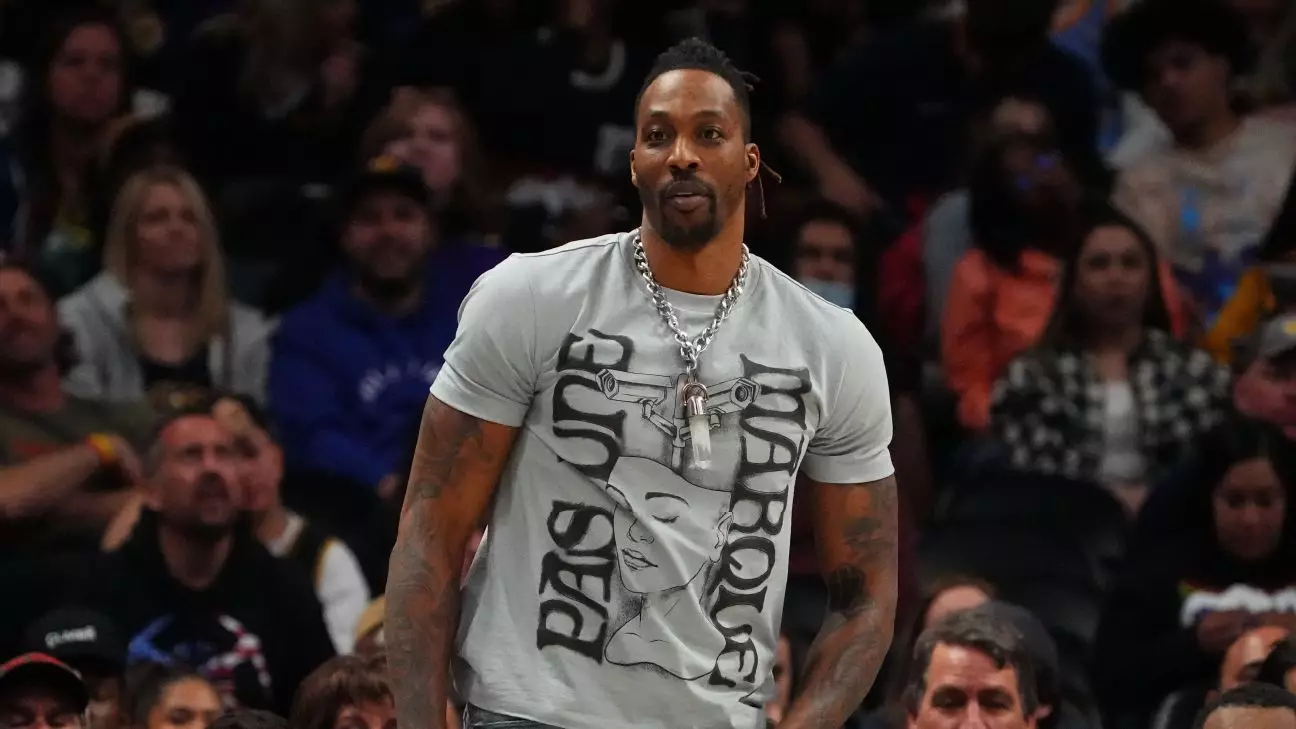In a significant and revealing verdict delivered by a federal jury in Manhattan, Calvin Darden Jr., a Georgia businessman, was convicted on five counts of fraud, which included bank fraud, money laundering, and conspiracy. The case, which exposed a nefarious scheme that defrauded renowned former NBA players Dwight Howard and Chandler Parsons out of $8 million, underscores the vulnerabilities of professional athletes to financial exploitation. Darden’s actions are not just indicative of personal greed; they reflect broader systemic issues surrounding financial literacy and accountability within the sports industry.
Evidence presented during the trial unveiled a complex web of deceit orchestrated by Darden, often in collaboration with former NBA agent Charles Briscoe, who had already pleaded guilty to related charges. The prosecution’s narrative was damning: Howard believed he was contributing to a legitimate investment in the acquisition of the WNBA team, Atlanta Dream, only to discover that a staggering $7 million of his capital was misappropriated by Darden for lavish purchases, including a Lamborghini and luxury watches. Likewise, Parsons was ensnared in Darden’s fraudulent schemes through misleading investments tied to the development of basketball career prospects, specifically that of second overall draft pick James Wiseman.
The jury was tasked with sifting through a substantial amount of financial documentation and testimony over two weeks, culminating in their verdict after five hours of deliberation. This time-efficient decision suggests the clarity of the prosecution’s case, pointing to the robust evidence that illustrated a shocking disregard for integrity.
This case serves as a glaring reminder of the pitfalls faced by professional athletes, many of whom may lack the financial acumen to navigate complex investment landscapes. The emotional testimony from Howard, who took the stand against Darden, paints a picture of betrayal and disbelief—feelings that are likely shared by many in the sports community. For younger athletes, especially those coming from modest backgrounds, the allure of easy wealth often leads them into the arms of unscrupulous figures like Darden.
With Darden’s conviction anticipated to yield a lengthy prison sentence of 11 to 14 years, it raises questions around the necessary measures to protect athletes from financial fraud. The Southern District of New York has already made strides in addressing fraud in the sports sector, but there is a pressing need for educational programs that emphasize financial literacy among young athletes.
Furthermore, the reverberations of Darden’s fraudulent activities extend beyond individual losses. They highlight the need for a systemic overhaul in how athletes are introduced to financial advisors and investment opportunities. As we look to the future, involving legal experts in financial advisory roles could mitigate risks associated with manipulation.
The Darden case is not merely an isolated incident; it is a wake-up call for the sporting world. There is an urgent need to foster a culture of vigilance and financial responsibility among athletes. Only then can we hope to shield future generations from similar pitfalls that could tarnish their careers and life trajectories.

